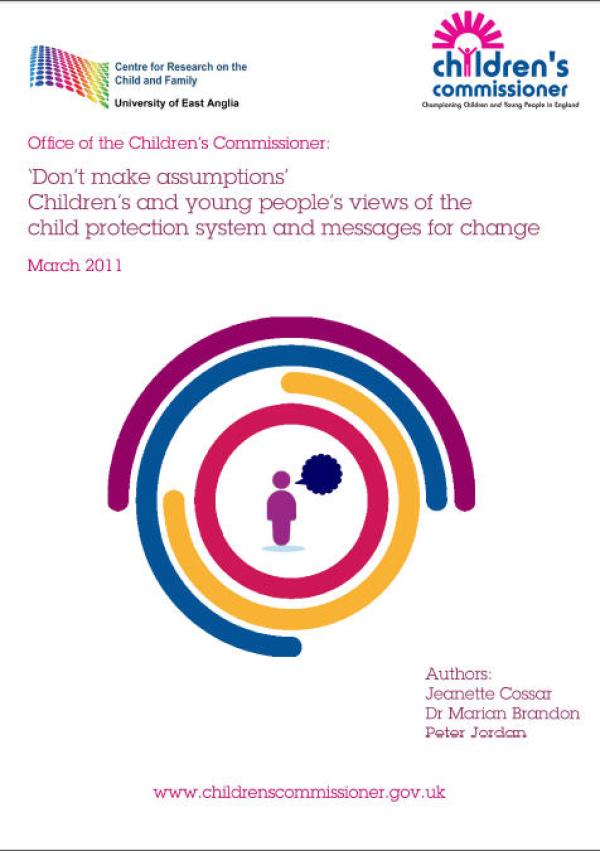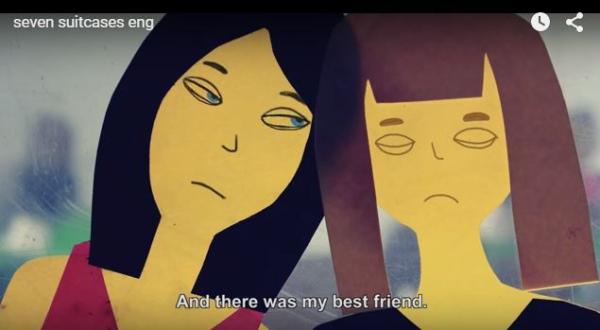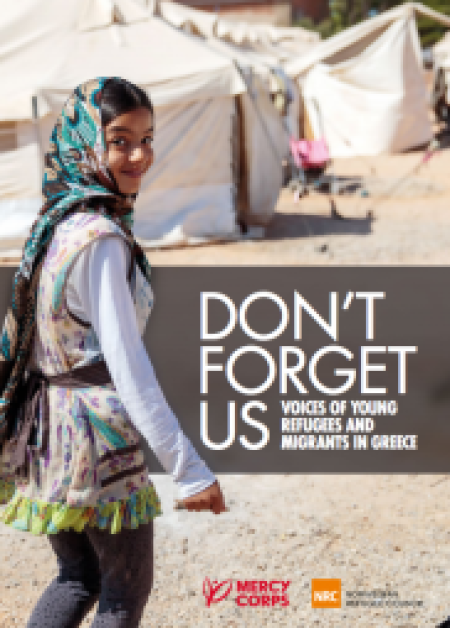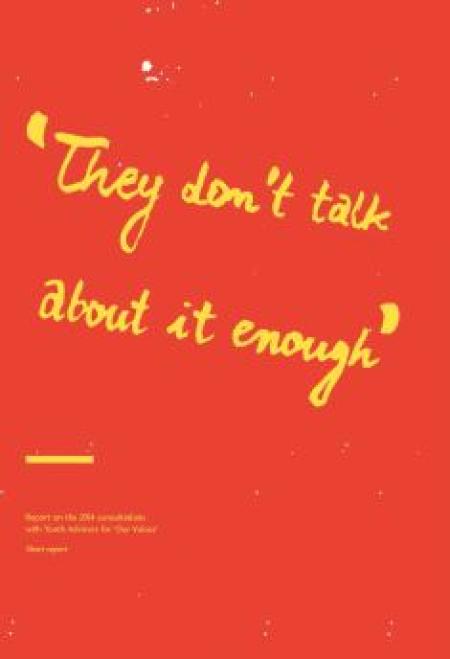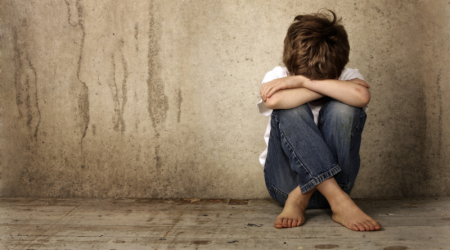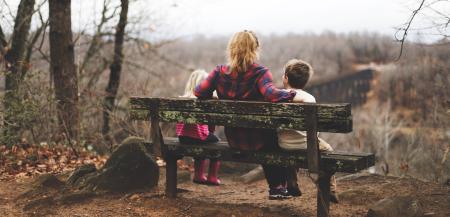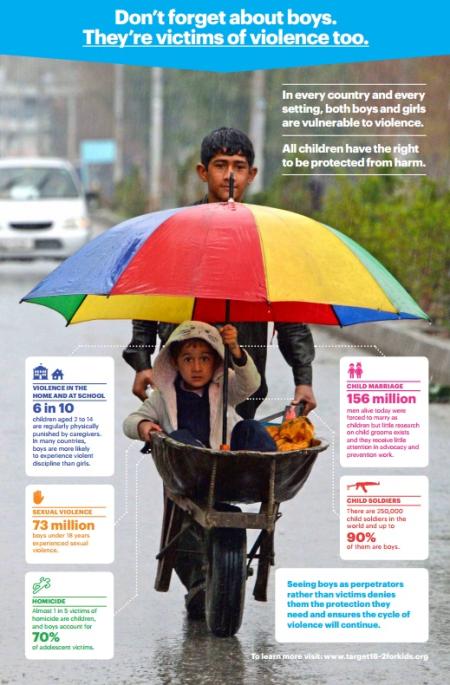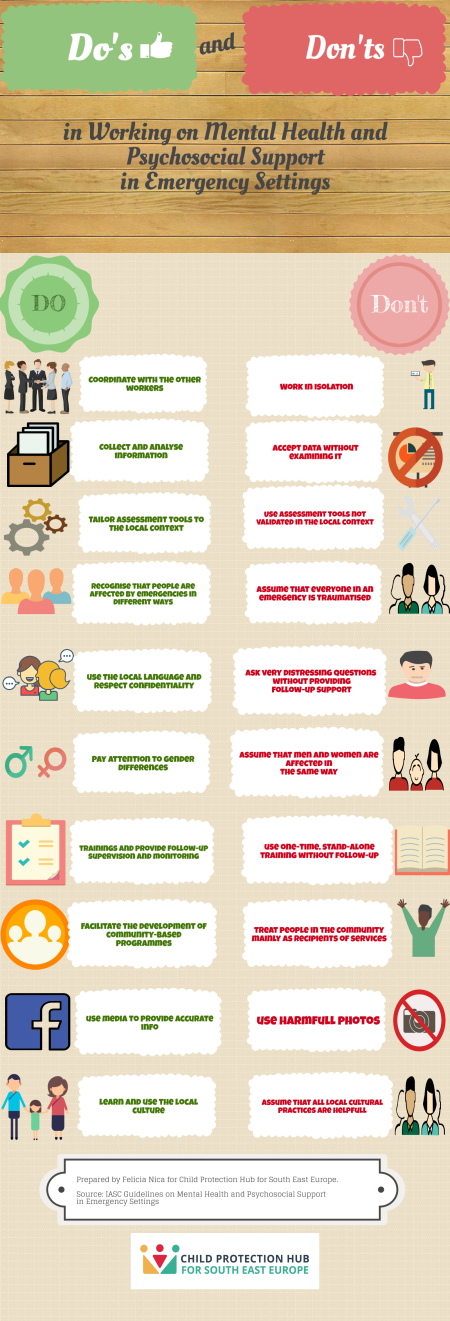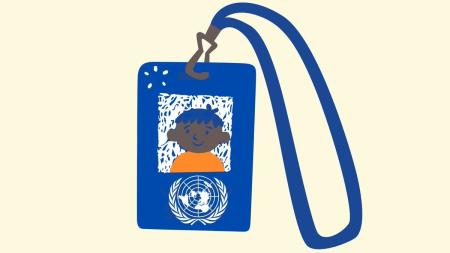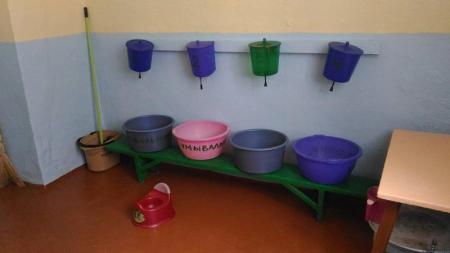
The aim of this research, commissioned by the Office of the Children’s Commissioner and carried out by a team from the University of East Anglia, was to seek children and young people’s views of the child protection system and to consider how those views might contribute to improving responses to abuse and neglect. It aimed to gather the views of children and young people living with their parents, who all had a child protection plan in place. The research is timely as it comes during a period when the child protection system in England is being reviewed. We hope that the findings will be of interest to children and families involved in child protection, as well as to professionals working with children and to policy makers. Methods The study was qualitative and exploratory. Interviews and a day workshop allowed the children to expand on areas of personal interest which they thought were important. We were interested in the sense that the children and young people made of the systems designed to protect them, and the extent to which they considered them helpful. The study took place between September 2010 and February 2011 and was conducted in collaboration with one local authority and one London borough. A total of 26 children were interviewed, from 18 families (13 girls and 13 boys). Their ages ranged from six to 17 years, with a fairly even mix of older and younger children. The mean age of the girls was slightly older than the boys. * Just over three quarters of the children were white British. Those from minority ethnic groups included Asian/Asian British, black British Caribbean and black British African children, as well as two children who were of mixed heritage. * Three of the 26 children had a learning disability or learning needs (mild or moderate learning difficulties or a statement of special educational needs). * The children were all living at home with at least one parent. All had a child protection plan at the time of interview.


